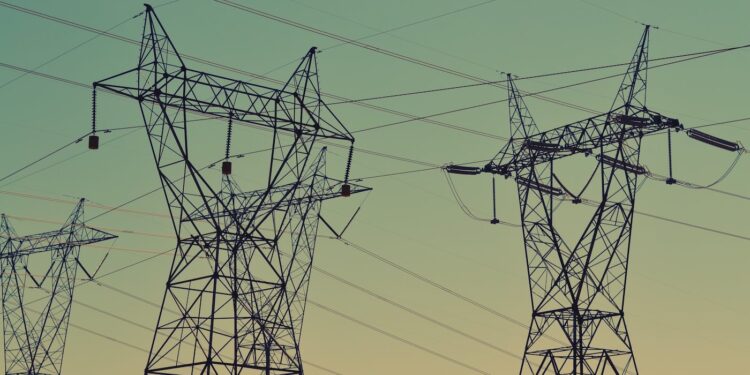Article summary
- As of 2021, the countries with the largest number of people without access were Nigeria (86 million), the Democratic Republic of the Congo (76 million), and Ethiopia (55 million).
- Bridging electricity access gaps, especially for people living in poor and remote regions, requires an annual rate of growth of 1% point per year from 2021 onward almost twice the current pace.
- Many developing economies in sub-Saharan Africa, are hobbled by scarce financing, inadequate risk mitigation resources, financially nonviable utilities, low capacity in critical agencies, and the absence of local financial institutions with access-related expertise all of which compromise the bankability of electricity access projects.
According to a recent report by international organizations, 86 million Nigerians lack access to electricity, making Nigeria the country with the largest number of people without electricity access.
The report, compiled by the International Energy Agency (IEA), the International Renewable Energy Agency (IRENA), the United Nations (UN), and the World Health Organization (WHO), highlights the electricity access deficits in sub-Saharan Africa, where half of the regional population still lacks access to electricity.
A part of the report stated:
- “As of 2021, the 20 countries with the largest access deficits accounted for 75% of the global population without access. The countries with the largest number of people without access were Nigeria (86 million), the Democratic Republic of the Congo (76 million), and Ethiopia (55 million).”
In the report, it was stated that access to electricity grew by an annual average of 0.7 percentage points between 2010 and 2021, rising from 84% of the world’s population to 91%.
According to the report, bridging electricity access gaps, especially for people living in poor and remote regions, requires an annual rate of growth of 1% point per year from 2021 onward almost twice the current pace. A part of the report stated:
- “If no additional efforts and measures are put in place, some 660 million people, mostly in Sub-Saharan Africa, would still be unserved in 2030.”
The report also said that policies for energy access should demonstrate political commitment and maximize the socio-economic benefits of access, keeping the most vulnerable populations at the forefront of efforts to close the access gap.
The sub-Saharan African context
The report highlights the fact that the sub-Saharan African region still has the largest electricity access deficits in the world. It emphasized that about half of the regional population still lacked access in 2021. As a result, more than 80% of the world’s unserved lived in Sub-Saharan Africa in 2021.
According to the report, electricity access is essential for education as well as for healthcare facilities – lighting, clean water supply, childbirth and neonatal care, immunization, storage, and power for medical equipment. Unfortunately, this aspect of health infrastructure is often neglected, leading to inadequate access to electricity, especially in low- and lower-middle-income countries.
Many developing economies in sub-Saharan Africa, are hobbled by scarce financing, inadequate risk mitigation resources, financially nonviable utilities, low capacity in critical agencies, and the absence of local financial institutions with access-related expertise all of which compromise the bankability of electricity access projects.
So, all countries need to establish conditions that support new and innovative ways to promote transparency, ensure accountability, and de-risk investments.
How to increase electricity access in Nigeria
The joint report suggests regional cooperation as a solution to increasing electricity access. It stated:
- “Because small national power systems predominate in the region, regional cooperation among national electricity companies and regional electricity markets is important to manage prices and ensure the security of electricity supply.”
- The report also calls attention to good regulatory and policy frameworks, that will encourage productive uses of electricity, which generate income and employment in local communities and thus help fight poverty. It is important to note that integrated access planning, with special attention to the expansion of mini-grid and off-grid systems, is the precondition for such frameworks.
- Also, regulatory and policy frameworks informed by integrated planning can meet the energy demands of industry (especially small and medium-sized enterprises), attract private investment in the energy sector, and multiply the effects of the sector on the rest of the economy.
- Supporting technological innovation and digitalization could reduce costs, provide efficiencies across the value chain, and improve collection and accountability, encouraging investments that widen opportunities to close the energy access gap while having large cross-sectoral effects.
- Governments across the African continent should also consider the deployment of digital technologies and the interoperability of components when strengthening and updating national institutional networks and legal frameworks that guide standards and regulations for energy products and services.













Your article is comprehensibly inovative.